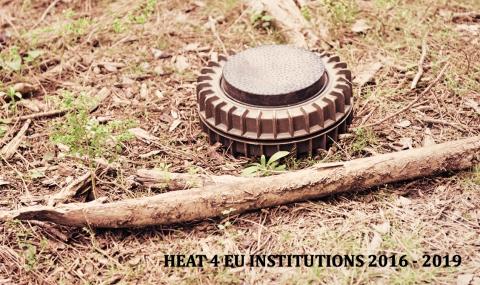Programme
HEAT for the EU Institutions is an intensive 4 days course that aims at training EU personnel to deal effectively with risk-associated and emergency/critical situations while deployed in hostile environments abroad. The training is expected to improve participants’ understanding of the minimum behavioural field requirements when working as a team member of an international field operation irrespective of their national or professional background.
Place
The HEAT course for EU Institutions will take place in Pisa, Italy.
Practical training sessions will take place at a specific training area.
Content
- The content of the course includes the following modules:
- Personal security awareness
- First Aid
- Communications
- Navigation
- IED, UXO, mines, weapon awareness
- Hostage situations
- Incident reaction training
Objectives
- Overall, the course has two primary objectives:
- To improve participants’ knowledge of multiple threats present in hostile field environments and of ways and means of dealing with them in an effective manner;
- To rehearse and practice safety and security procedures according to specific threats and situations.
Specific learning objectives of the course are:
- To recognise and be able to avoid certain dangerous and potentially dangerous situations;
- To know how to manage stress (one’s own and that of team members) and to cope effectively once caught in dangerous circumstances;
- To be able to orientate oneself and communicate with others in hostile environments;
- To be able to act as a team member in hostile environments and dangerous and stressful situations;
- To become familiar with threats from IEDs (Improvised Explosive Device) and other explosive devices;
- To become familiar with basic first aid procedures.
Learning methodology
The training adopts a modern competence oriented learning methodology and didactical approach that is not solely based on learning objectives but mainly on competences to be achieved: lectures, role plays, scenario-based simulations, actor-based simulations, experiential learning, collaborative training, group discussions and learning by doing techniques.

